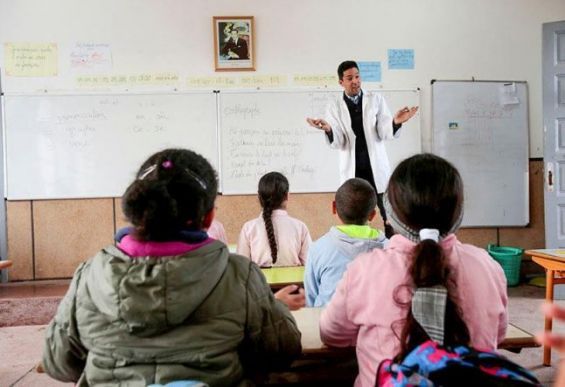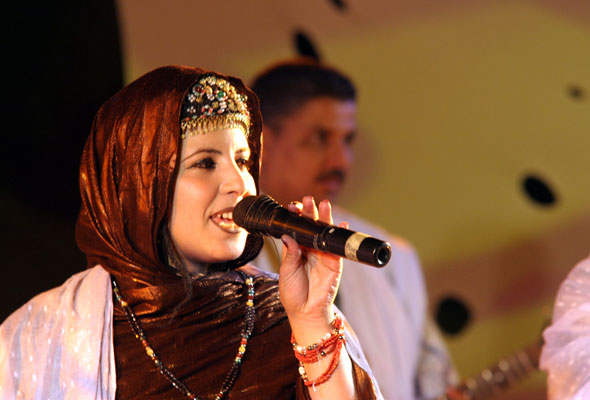When the coronavirus health crisis first hit in March, several schools around the world closed and had to send students home for remote learning. But the option, adopted for the second half of the 2019-20 school year was not for everyone.
In a series of interviews with students, parents, teachers and education officials across Africa, international NGO Human Rights Watch revealed that school closures «exacerbated previously existing inequalities» and prevented some children from accessing a «quality education».
Conducting 57 remote interviews to learn about the effects of the pandemic on children’s education in Burkina Faso, Cameroon, the Democratic Republic of Congo, Kenya, Madagascar, Morocco, Nigeria, South Africa, and Zambia between April and August 2020, HRW concluded that many students were unable to engage in remote learning.
Digital literacy and distance learning
In Morocco, the situation was not any different. Students interviewed by HRW reported that digital literacy was a big problem that marked their e-learning experience. In Marrakech, student Nawal L. told HRW that after her school was shut down, only her math teacher collected students’ WhatsApp contacts and circulated login credentials for online learning.
«I tried them many times, but it didn’t work», Nawal recalled. «Pretty much all other students were in the same situation… One of my classmates is a ‘geek,’ she’s very high tech. She did her thing, not sure what, but finally sent us new passwords. This time, it worked», she said.
A similar situation was experienced by a Rabat teacher. The latter told HRW that he accidently learned from a televised interview with the National Education minister that teachers were expected to use Microsoft Teams to set up remote classes.
«I had no idea how that Teams thing worked, I never received instructions on how to make it work… I tried four times to access it, I didn’t succeed, I finally dropped it», he argued.
«At no time did the ministry do anything to facilitate access… Maybe it’s my poor tech skills, but it never worked for me», the teacher said.
Inter-generational education inequalities, a real obstacle
In addition to digital literacy, an essential aspect of remote learning, inter-generational education inequalities were also an obstacle to education during the pandemic. Human Rights Watch revealed that another Rabat teacher said that most of his students abandoned after a few weeks of distance learning.
«Maybe 10 percent or less of the students are still following today. Those who do, most of the time have educated parents who tell them to keep following», the teacher said.
Indeed, Moroccan parents who had no education said that it was hard for them to keep up with their children education and help them while distance learning. «Neither me nor my husband can read or write, so we can’t help our daughters with school», Khadija F., a Casablanca parent told the NGO.
It took Khadija’s husband a long time to realize that the messages he received on WhatsApp «from an unknown number, which annoyed him, so he deleted them», were in fact directions from his children’s teachers.
A neighbor had to explain to Khadija the reason behind the messages for her to let her children use the phone and do distance learning.
Limited access to technology was also a real struggle for many students in Morocco following school closures. Hind M., a Moroccan student, said that her limited access to good internet made her distance learning experience hard.
Her mother, who works as a cleaner, couldn’t afford fast wireless internet coverage. «There is a better plan for faster WiFi. I discussed it with my mom, but she said we can’t afford it. Since the connection is not great, I had to prioritize some lessons over others», she explained.
Hind and many other Moroccan students may be experiencing the same problems during the 2020-21 school year. Expected to start on September 7, the back-to-school season will also rely on distance-learning for the start of the year, with the possibility of attending school based on parents’ approval.




 chargement...
chargement...












